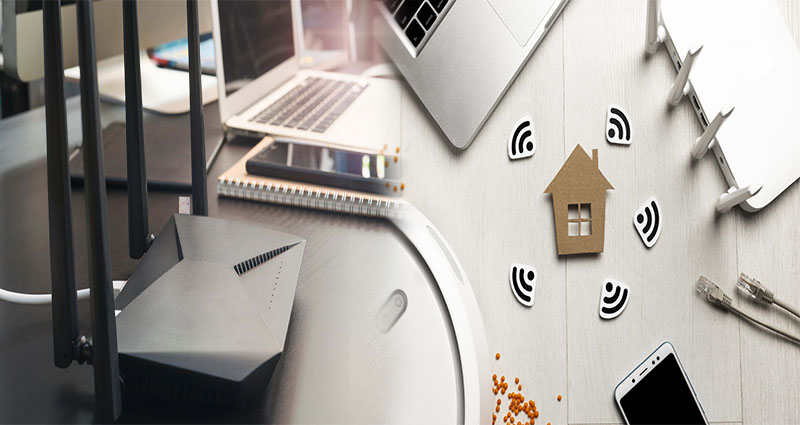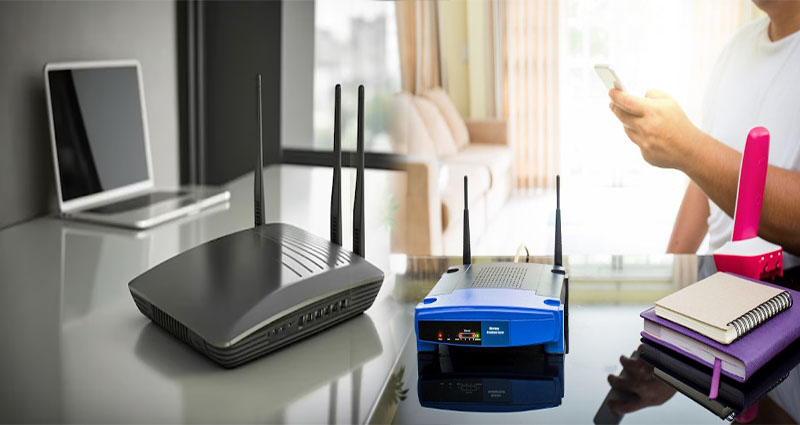Encryption and User Authentication for Data Protection in Wireless NAS for Home
Wireless Network-Attached Storage (NAS) provides a convenient and cost-effective method for storing and sharing digital media files, documents, and other data. However, the wireless transmission of data means that security risks are present, making it essential to protect your wireless NAS with encryption and user authentication.
In this article, we will discuss how encryption and user authentication can enhance data protection on your wireless NAS, ensuring that your data stays safe and secure.
Understanding Encryption
Encryption is the process of converting plain text data into a secret code using encryption algorithms. By encrypting data, it ensures that in the event of unauthorized access, the data cannot be read or deciphered. Encrypted data can only be read by someone who has the necessary decryption key.
When it comes to Wireless NAS, encryption can be applied to transmitted data to ensure that it is secured and cannot be accessed by unauthorized users. … Read More














